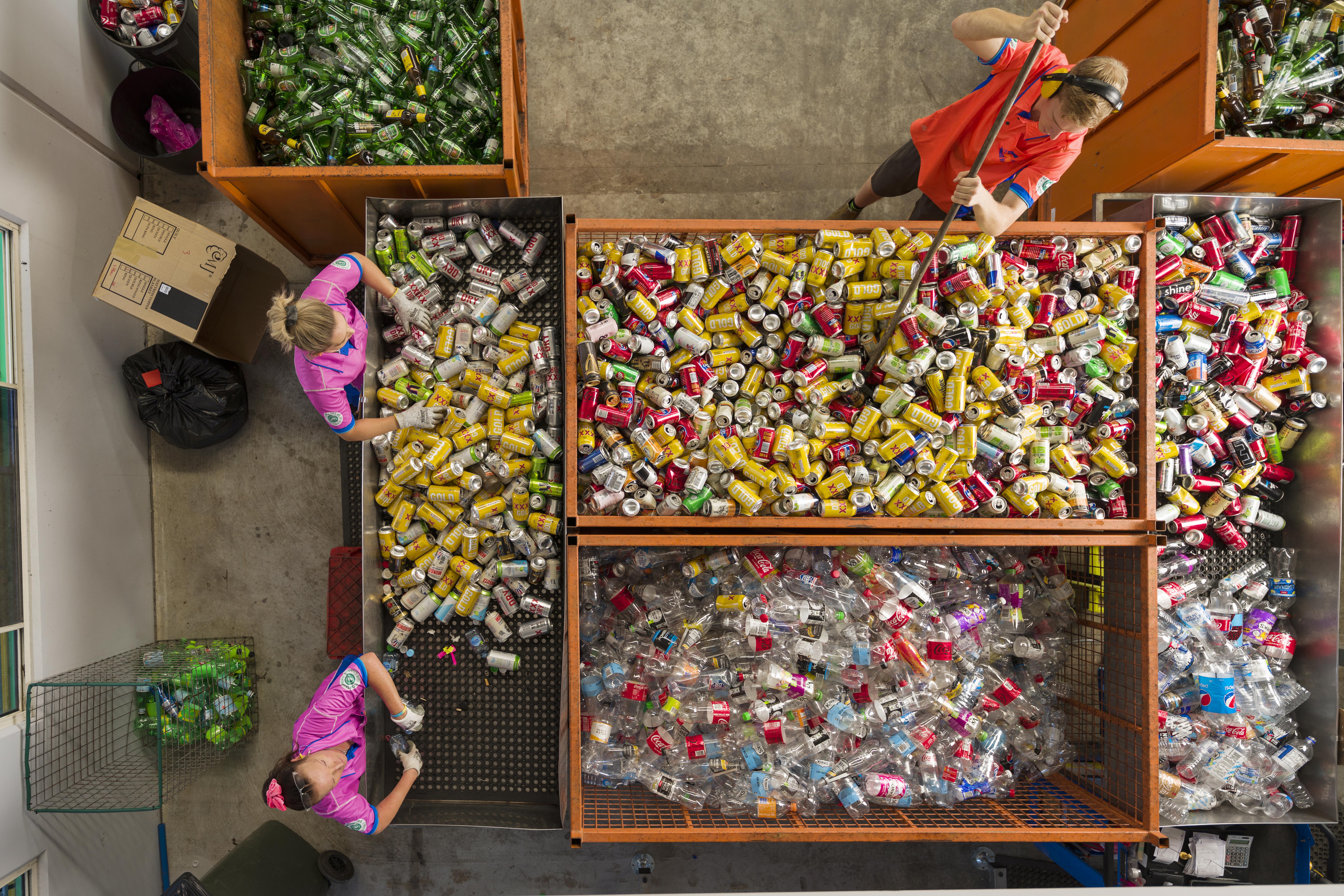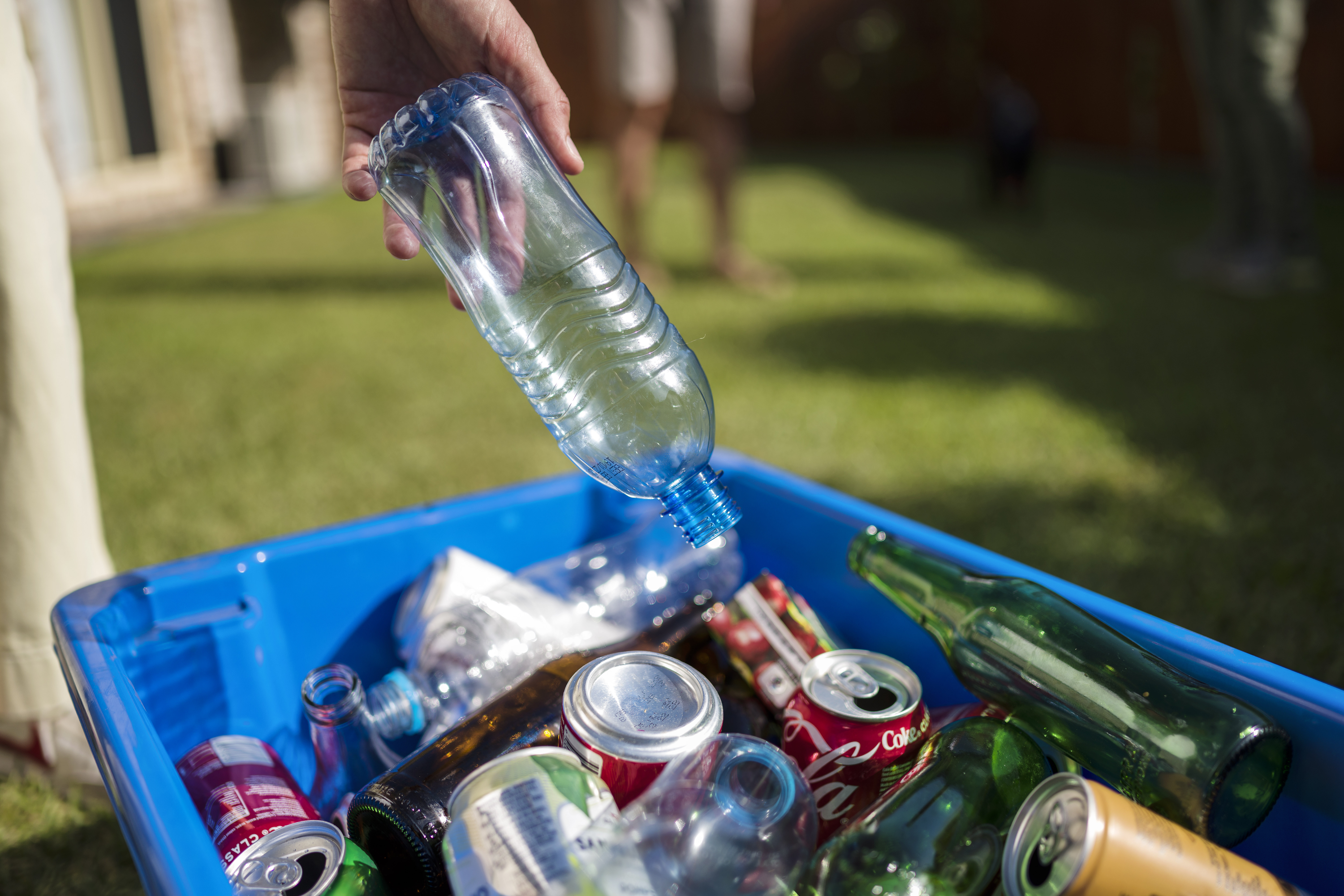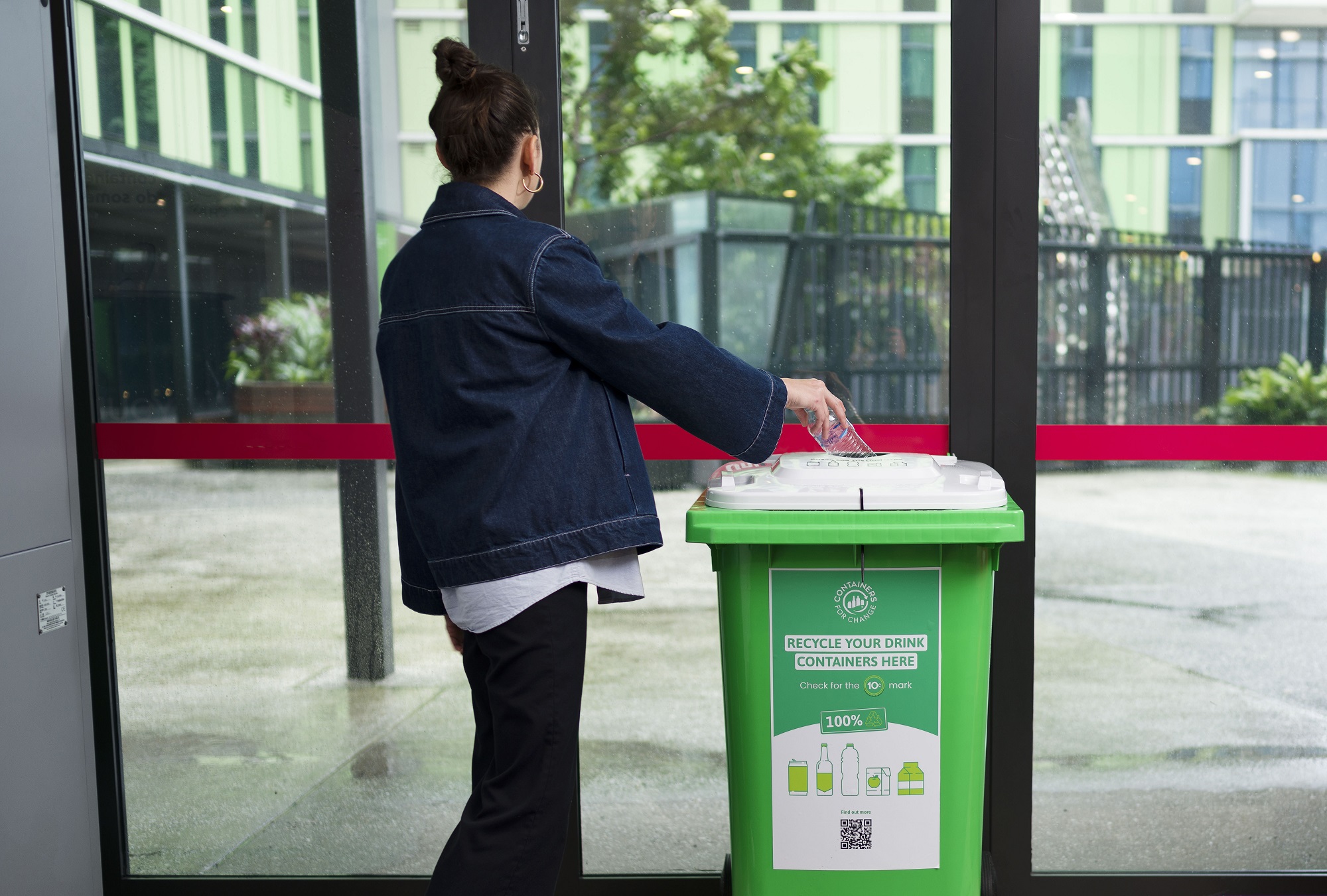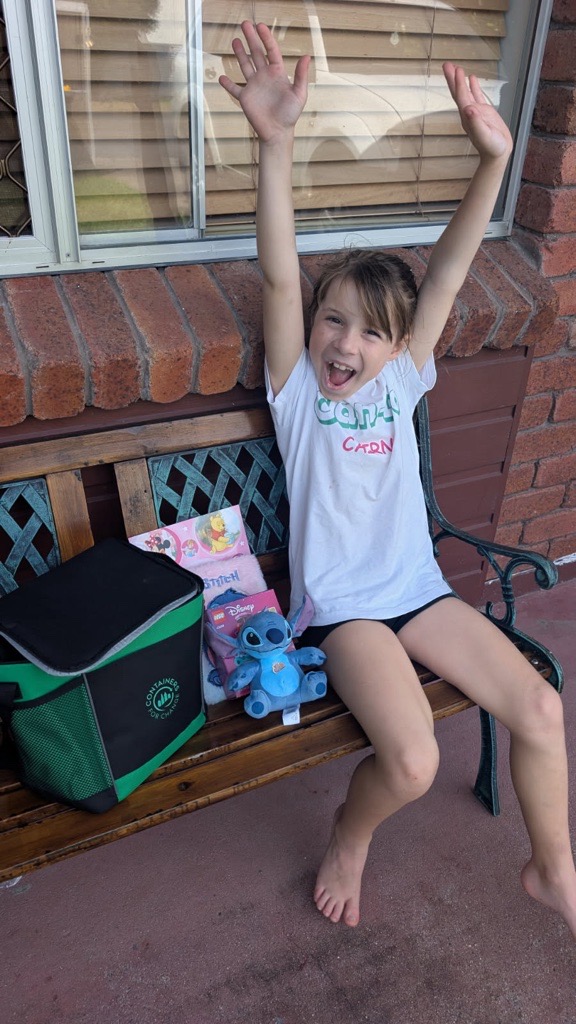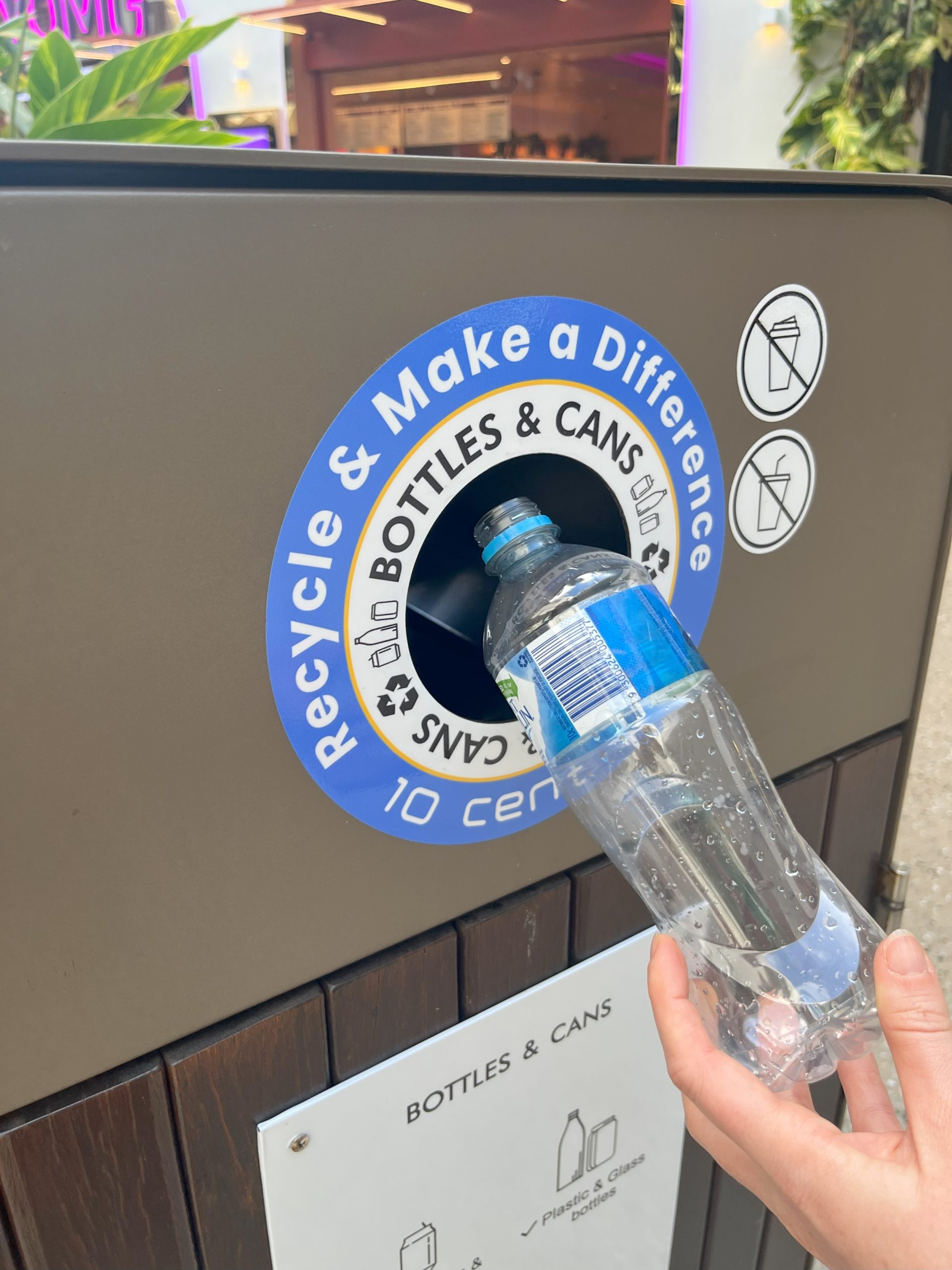On 21 May 2025, COEX CEO Natalie Roach and Executive General Manager Strategic Communications and Stakeholder Relations Joe Fitzgerald appeared before the parliamentary committee into improving Queensland’s container refund scheme. This is Ms Roach’s opening statement:
Thank you Chair and thank you to you and the committee also for the opportunity to appear here today.
I am Natalie Roach, the CEO of COEX and this is my colleague Joe, one of our executive general managers.
Containers for Change was established six years ago, and as the scheme administrator appointed by the Queensland Government, COEX is proud of the significant environmental, social and economic benefits it has delivered for all Queenslanders.
We welcome this important inquiry. Given the age of the scheme, it is timely to review its performance and operation.
We also welcome the opportunity the inquiry brings to alleviate the constraints on the scheme that have prevented it from reaching its full potential.
Containers for Change was designed to empower every Queenslander to practice their right to recycle.
It is 100% funded by beverage manufactures who take responsibility for the waste generated by their products in the form of empty containers.
These empty containers – which otherwise would largely end up as litter or landfill – are instead returned in exchange for the 10-cent refund and recycled into new products.
Before Containers for Change, just 18% of eligible containers sold in Queensland were recycled.
Now, over 67% of containers are recycled through the scheme – a more than 270% increase.
There has also been a 60% decrease in container litter since the scheme’s launch.
It’s not however just our environment that the scheme benefits.
The 10-cent refund has provided charities, community groups, schools, businesses and individuals with substantial financial support.
Last month, Queensland celebrated the significant milestone of 10 billion containers returned, which put $1 billion back into the pockets of Queenslanders.
But the impact on the state’s economy is far greater than the 10-cent refund.
As a not-for-profit scheme administrator, COEX ensures that Containers for Change operates in remote and rural areas that for-profit organisations simply would not.
There are more than 380 container return points across Queensland.
Containers for Change is represented in all regions from the Torres Strait Islands in the north to the New South Wales border in the south, and as far west as places like Normanton and Birdsville.
These container return points are owned and operated by 85 different operators.
Many of them are small-to-medium-sized locally operated and owned businesses.
This has created more than 1,580 jobs across Queensland, including jobs for 90 First Nations Queenslanders.
It is a privilege to lead the organisation that delivers a scheme loved by and used by Queenslanders of all ages and backgrounds from right across the state.
Since I joined COEX as CEO in January 2023, I have heard incredible stories about the real difference that Containers for Change has made.
I meet regularly with the operators that are the public face of the scheme at their sites right across Queensland.
Over the past two-and-a-half years, we have listened to their feedback and made significant changes to our processes and procedures in response to it.
I am really encouraged that the improvements to our culture and outcomes for operators and consumers have been recognised in some of the submissions received.
I also acknowledge that we have more work to do, and we welcome the opportunity this inquiry presents to enhance our nation-leading container refund scheme.
No state or territory has reached a recovery rate of 85%.
Even South Australia’s 48-year-old scheme sits only at 75%.
There are two major challenges preventing Queensland from reaching the legislated recovery target; planning regulations and capturing those containers that are consumed out-of-home.
Despite COEX’s continued focus on network expansion, we are constrained from rolling out accessible Reverse Vending Machines (RVMs) in densely populated urban areas, which have some of the lowest recovery rates in the state.
For example, here in Brisbane’s North where we are today, the area has just a recovery rate of just 54%.
The only container return point in the Brisbane CBD is one small Reverse Vending Machine at Uptown.
The next closest option is a depot in either Windsor or Albion, both of which are around five kilometres away.
Unlike other states, Queensland does not have a planning exemption for container refund infrastructure.
This requires us to seek development approval from councils for every single new container refund point, including RVMs, creating unnecessary red tape and limiting Queenslanders’ access to recycling.
COEX recommends the committee implement a statewide policy framework to ensure Queensland local governments align with the planning exemptions for container return points in other states.
The second significant challenge I’ve mentioned is capturing containers consumed out-of-home in places like offices, businesses, hospitals, events and public spaces.
The voluntary nature of the scheme means businesses and commercial environments are not required to return their containers through the scheme.
COEX partners with businesses, schools and charities to provide free solutions to achieve their sustainability and fundraising goals through Containers for Change.
But as long as it is easier to send your waste to landfill, then nothing will change.
Without policies that drive scheme participation in medium and large workplaces, including government-owned and operated sites, hundreds of millions of containers will continue to end up in landfill each year.
COEX recommends the committee implement policies to encourage the collection of containers consumed out-of-home, including event spaces and hospitality licensing.
Finally, I would like to address a topic repeatedly referred to in the recent parliamentary hearing session – and that is the myth that recycling outcomes are no different if containers are put into a yellow-top bin.
100% of containers returned through Containers for Change are recycled.
One of our state’s greatest recycling achievements is that 100% of glass returned through the scheme is recycled right in here in Queensland, with three-quarters of that glass turned back into new bottles, some of which in as little as three days.
When the Queensland Government expanded the scheme to include glass wine and spirit bottles in November 2023, the recovery rate for glass skyrocketed and is now at 88% – the highest of any material type.
Glass put in the yellow-top bin and processed at Material Recovery Facilities, also known as MRFs, cannot as easily be remade into another glass container.
The MRF glass often becomes lower grade material, such as road base or sand, leading to a less circular outcome.
Glass also breaks into small pieces during the MRF process, contaminating other recycled materials, and that leads to both containers and other products being lost to landfill.
Containers for Change has had a remarkable environmental, social and economic impact in Queensland, and I am proud of the work that has been achieved by COEX and everyone who works there.
We have grown the recovery rate consistently year-on-year, outpacing comparable schemes in New South Wales and Western Australia over the past 18 months.
Across our submissions, we have made the case for a raft of recommendations that we believe will significantly grow the recovery rate and I look forward to the opportunity to discuss them with you today.
Read COEX’s public submissions and participation in the inquiry process here.
